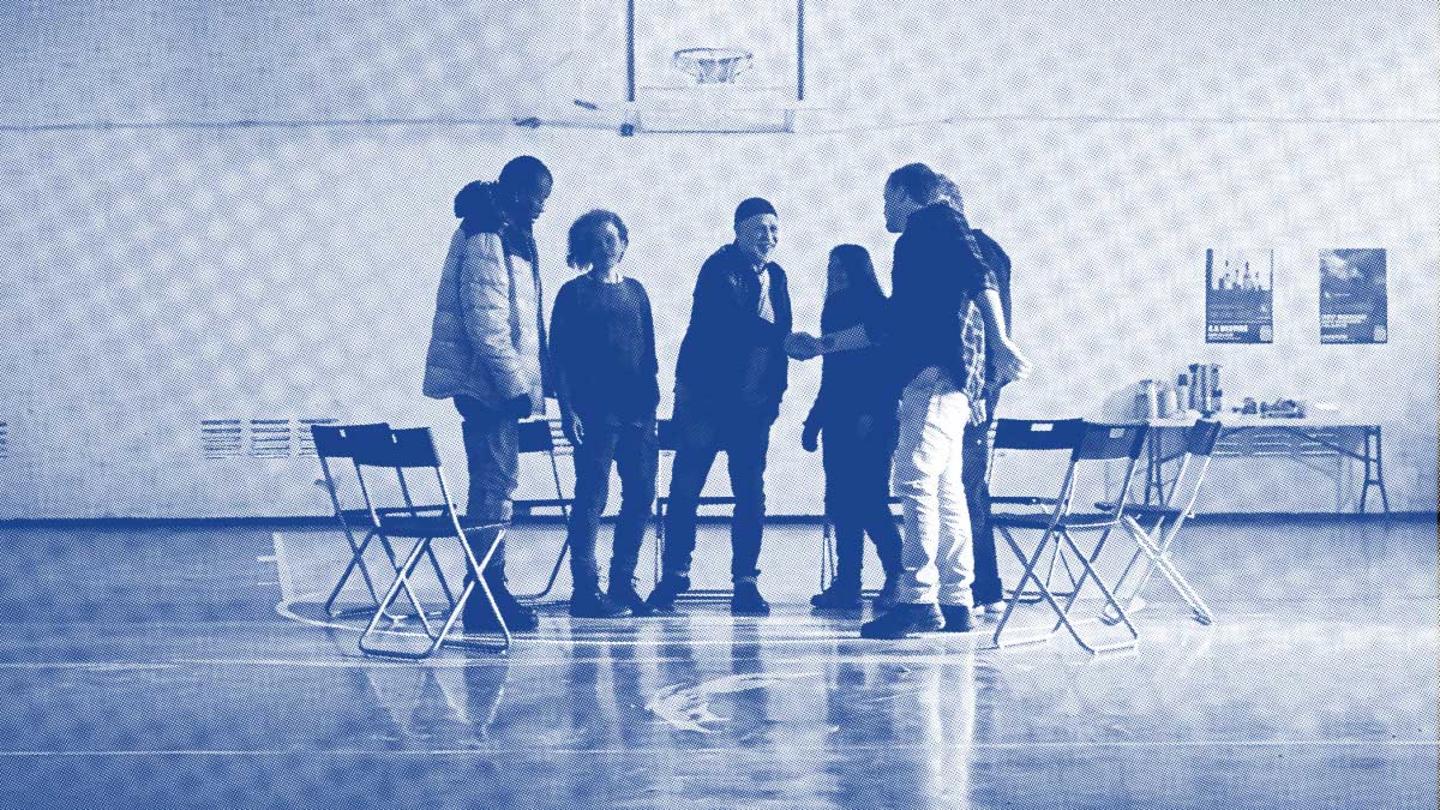Eboo Patel of Interfaith America believes the U.S. is missing out on a big opportunity.
"The genius of America is that we're the most religiously diverse nation in human history," says Patel. "America's religious diversity is a strength, and we need to unlock its potential to benefit everybody."
The founder of Interfaith America, Patel previously worked as the interfaith advisor to the White House. He calls on the American ideal of the "melting pot" to envision how the country's mix of Muslims, Jews, Christians, Hindus, non-believers, and every believer in between has the potential for cooperation and collaboration towards inclusion.
"The notion is that you would throw your identities into this giant crucible, leave your ancient hatreds at home, and it would melt those away. It's basically, try to be homogenous."
The problem? Focusing on homogeneity doesn't give communities the space to celebrate their individual identities or highlight their heritages' strengths.
"Right now, we are in a battleground model for religious diversity, where we are cultivating peoples' sense of grievance with one another," Patel says.
But diversity is about much more than what divides us, Patel says. The idea that we can only interact with those we totally agree with is a "fiction." Rather than push us apart, highlighting our differences creates an opening to better understand each other and find connections.
But finding those connections first requires sitting down together and having an open — and perhaps even uncomfortable — conversation.
Bridging religious divides begins with connection
"We're not a battleground. We're not a melting pot. We're a potluck."
Patel dismisses two of the most popular frameworks for viewing religious diversity in the U.S., pointing out that both emphasize divides and irreconcilable differences.
A potluck, on the other hand, relies on everyone bringing a dish of their own to combine and connect with each other. In other words, it is our unique and separate backgrounds, cultures, and traditions that actually lead to our strongest collaborations.
"You have created a space where there are enriching conversations that wouldn't happen elsewhere," Patel describes.
In this model of diversity, faith isn't a source of strife and difference — instead, it's a potential for inspiration and cooperation.
Patel highlights how religious cooperation is already responsible for many foundational pieces of society in cities across the country: people often just don't realize it. If all organizations founded by religious organizations were to disappear, he says, around half of all hospitals, schools, and social service agencies would evaporate. For instance, the Southern Baptist Church is as active in training emergency responders as the Red Cross. The second largest provider of social services after the federal government is Catholic Charities. Contrary to the popular view that religious institutions are siloed and separate from municipal life, they are "the heartbeat of our civil society."
"People from different faiths build institutions out of the inspiration of their particular faith identity, that serves people of all identities," Patel says. "That is a way of doing social change."
Religions have fundamental differences, but at their core, they share many of the same values: hospitality, compassion, cooperation, and the value of each human being, just to name a few.
Recognizing these shared core tenets and cooperating with each other on common projects to serve the common good, Patel believes, is "the secret sauce for a healthy, diverse democracy."
Sign up for the Strong & Safe Communities newsletter for stories, ideas, and advice from changemakers breaking cycles of poverty and bridging divides.
The role of religion in society can be transformative
To be able to harness this potential for society-transforming collaboration, changemakers need to strengthen the muscles that power cooperation across viewpoints.
Interfaith America trains thousands of interfaith leaders each year, aiming to encourage them to collaborate across faiths. This includes providing curriculum and online tools; organizing events and speakers; and conducting research into best practices for interfaith communication. They organize all of their work around three central pillars: respect, relate, cooperate.
Their most powerful task, however, is their simplest: providing a safe and inclusive space for interfaith leaders to come together, and talk openly.
"We see our identities as assets," Patel says. "We see them as dishes that we want to bring to this wonderful potluck nation that will one day realize it is in fact Interfaith America."
***
Interfaith America is supported by Stand Together Trust, which provides funding and strategic capabilities to innovators, scholars, and social entrepreneurs to develop new and better ways to tackle America's biggest problems.
Learn more about Stand Together’s efforts to build strong and safe communities and explore ways you can partner with us.
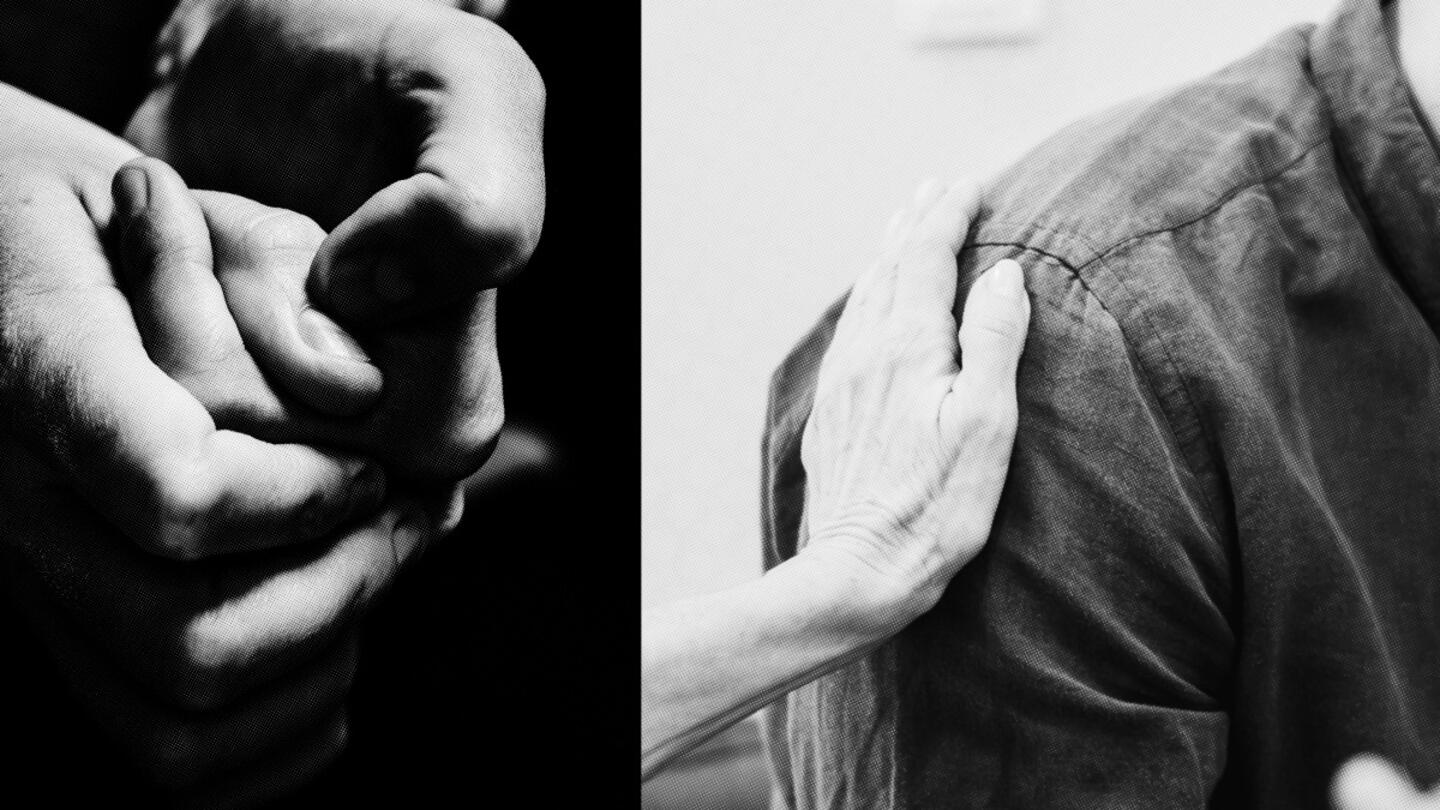
Now in recovery, he’s teaching others how to deal with “life on life’s terms.”
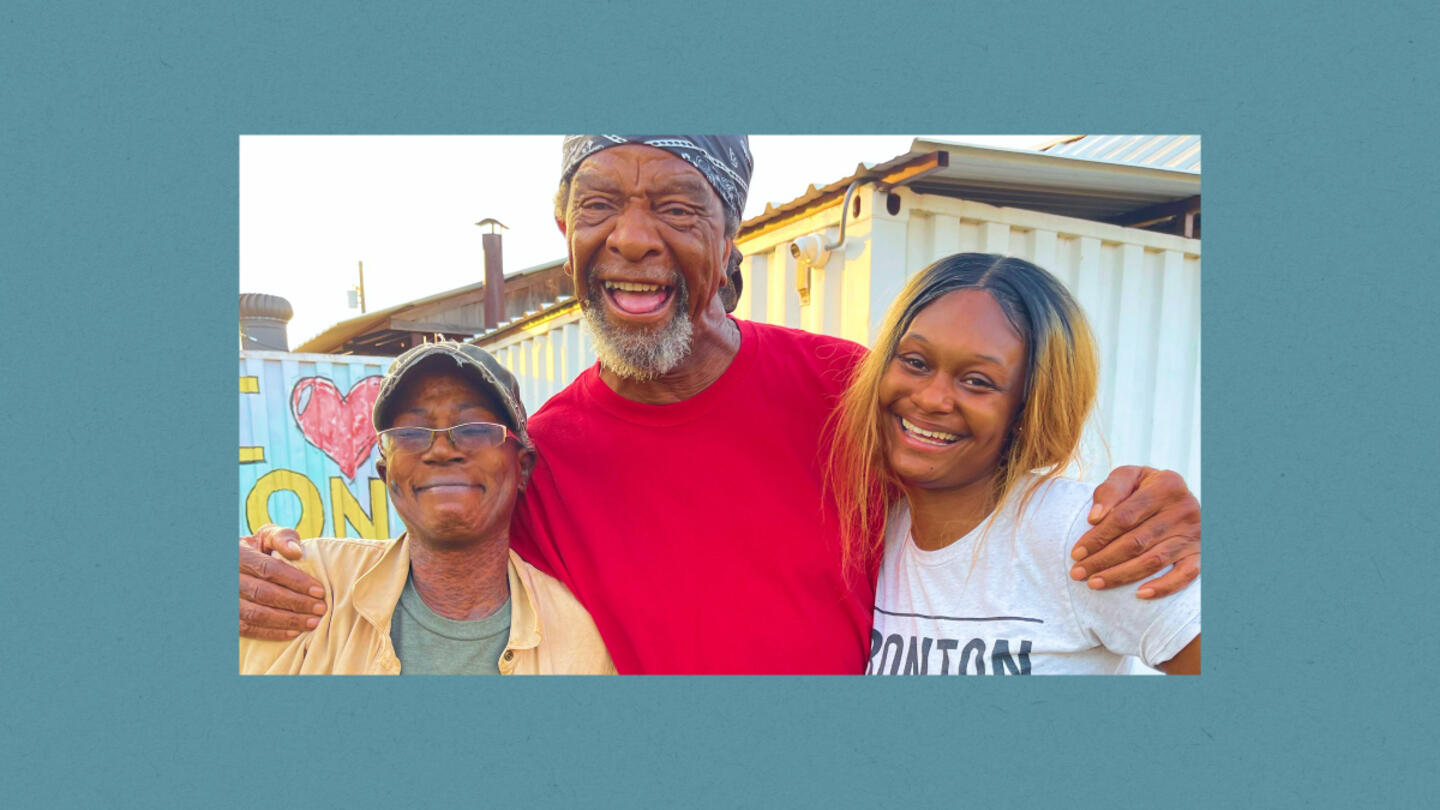
This South Dallas neighborhood is a food desert, but problems run deeper than limited food access.
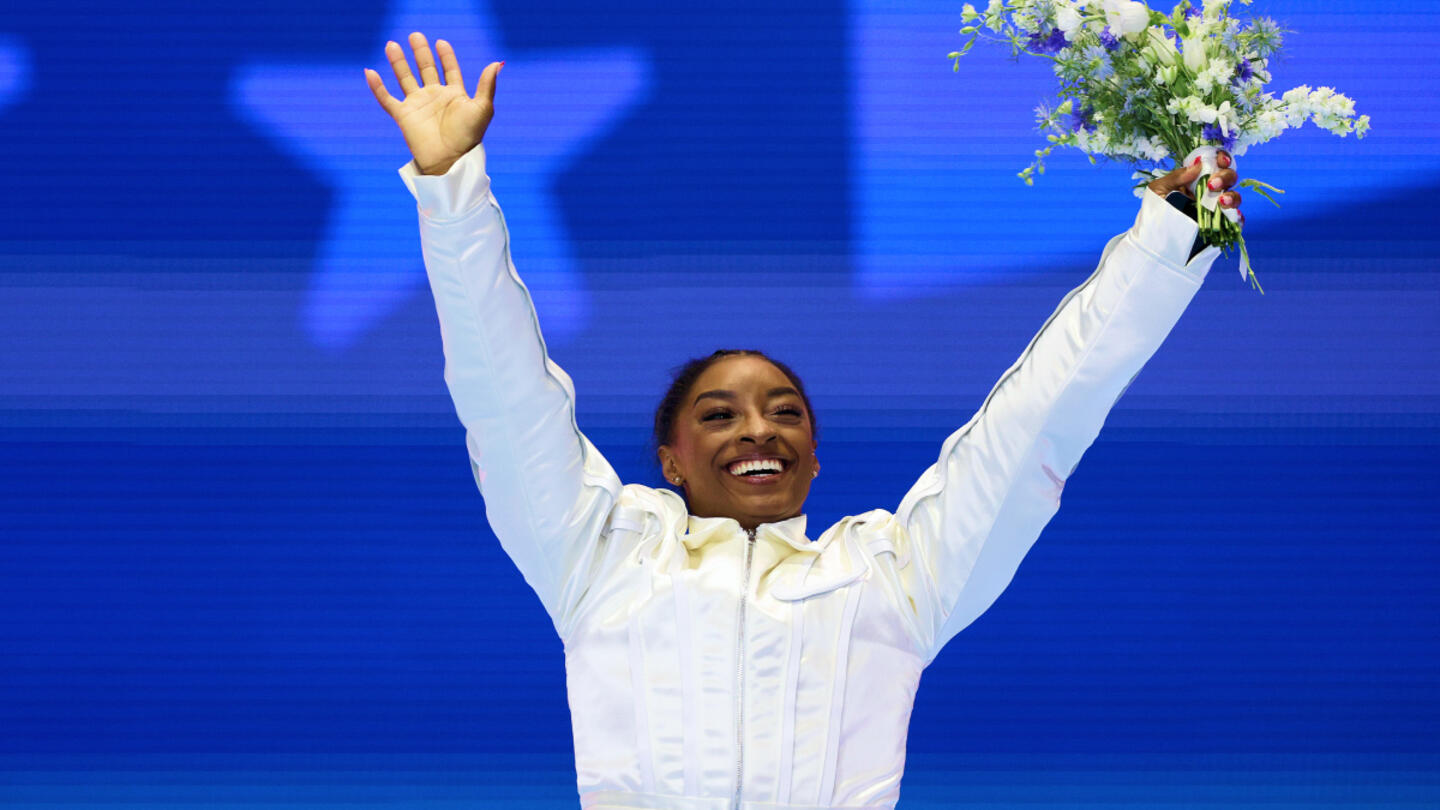
The new org chapter Olympic star Simone Biles helped found is just getting started.
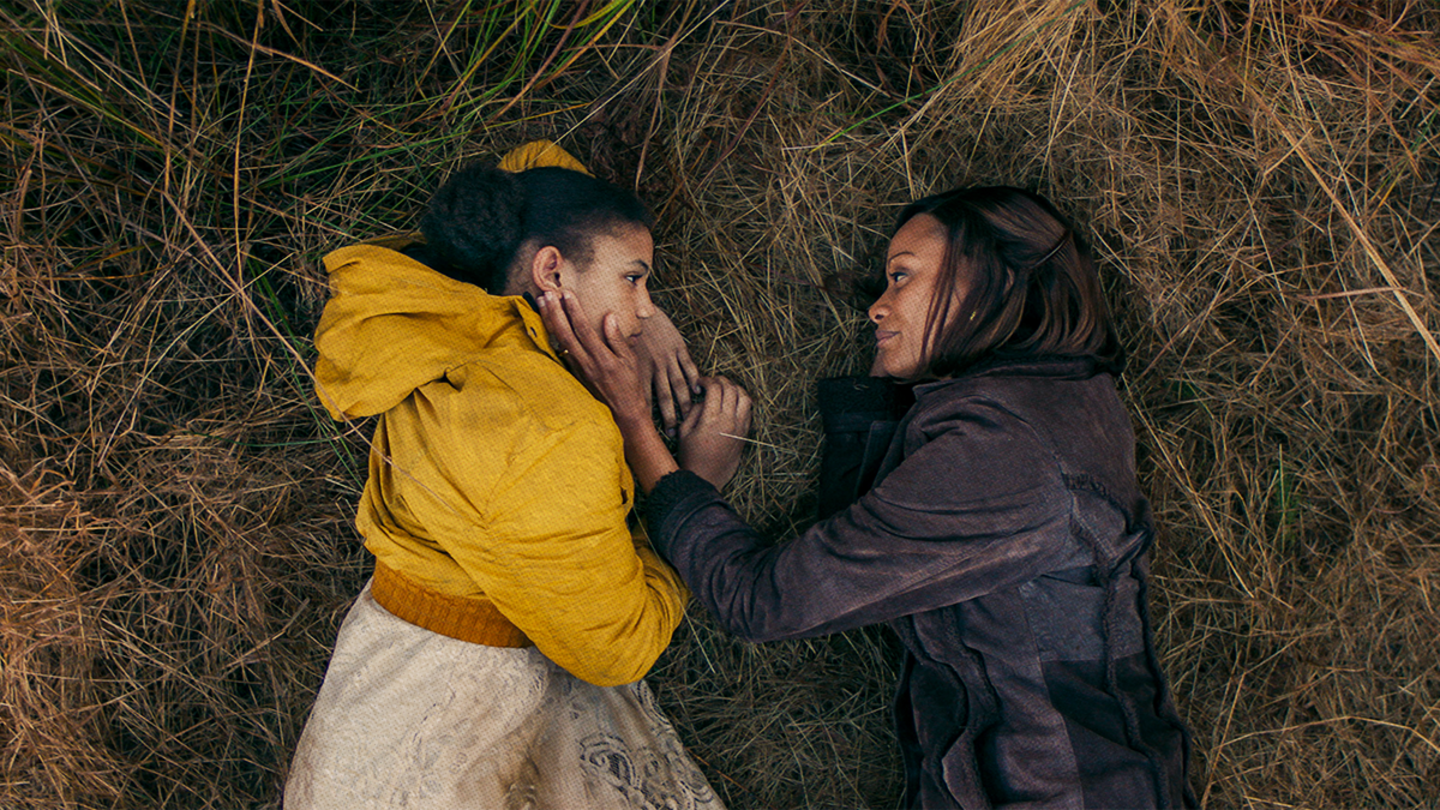
The film, executive produced by Letitia Wright and Joe Knittig, CarePortal CEO, shows how communities strengthen families.
